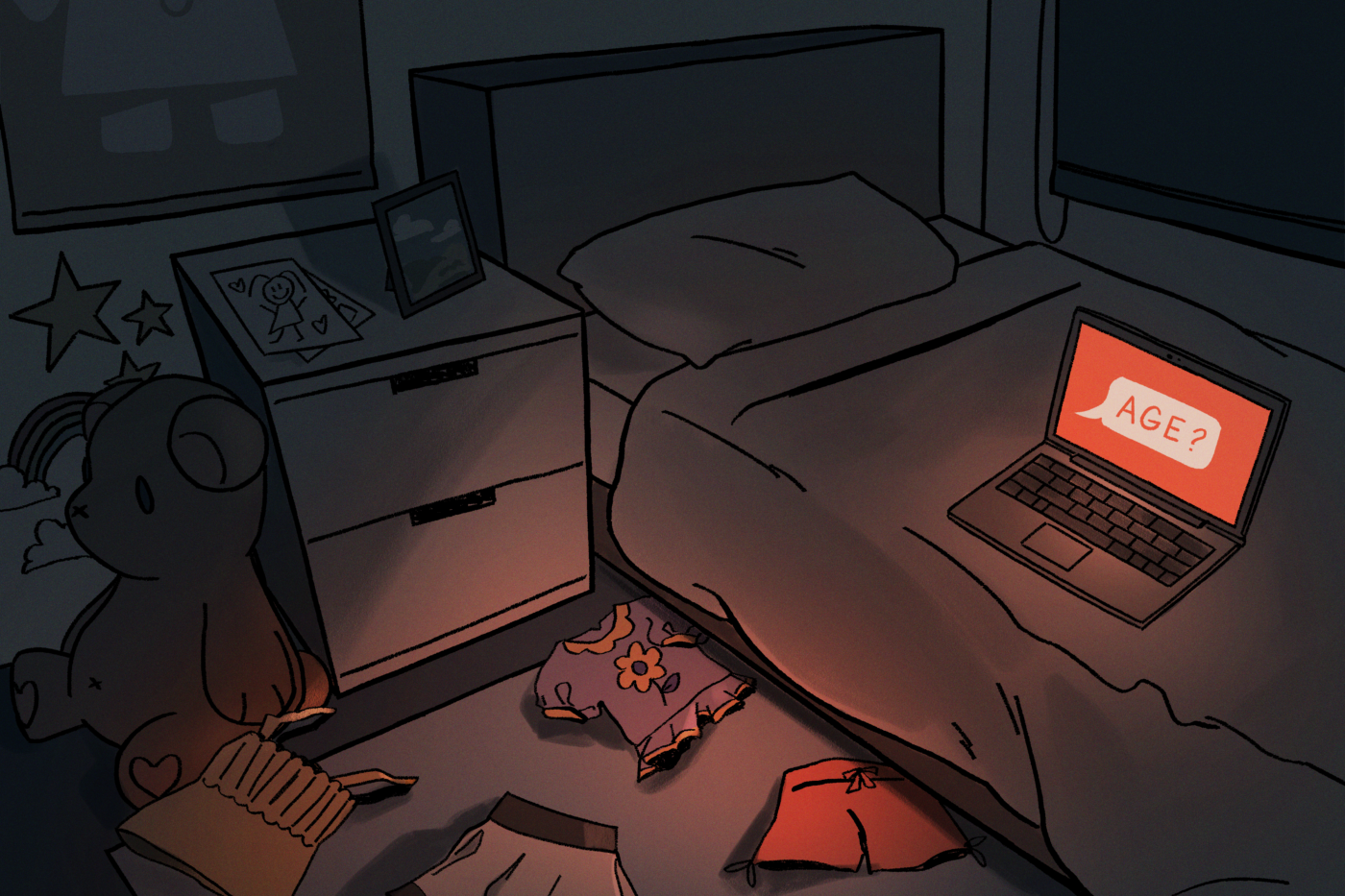The Philippines is the global epicenter for livestreamed child sexual exploitation material (CSEM) in the world—the lack of a law encompassing all activities of online sexual exploitation of children (OSEC) exacerbates its case. During the COVID-19 pandemic, CSEM has only worsened as multiple Filipinos from Caloocan and Cebu were recently found guilty for livestreaming child sexual abuse to foreign nationals.
Today, OSEC remains a borderless crime shared between the privacy of two homes: That of the trafficked and of the consumer. To combat instances of OSEC, transnational collaboration is needed to rescue survivors and keep the public vigilant against OSEC’s pedophilic nature.
Pictures for pesos
OSEC is a family-based crime where traffickers are often the children’s own relatives. Child Protection Officer of the United Nations Children’s Fund (UNICEF) Niño Lasin noted that the Philippines is an OSEC hotspot because high English literacy rates make it easy to communicate with foreign nationals: The usual customers. He also listed poverty, and smartphone and internet accessibility as factors that push families to resort to selling CSEM.
Local law enforcement such as the Philippine National Police Women and Child Protection Center’s (PNP-WCPC) often collaborate with international counterparts to address OSEC as a transnational issue. Anti-Trafficking in Persons Division Chief Sheila Portento stated that perpetrators are identified through proactive online investigation, as well as referrals from foreign law enforcement and partner agencies.
Local law enforcement also works with local and international civil society groups such as the SaferKidsPH consortium and International Justice Mission (IJM).
IJM Manila Field Office Director Rey Bicol stated that they provide training for law enforcement, aftercare, and prosecution partners as “we need a global response by governments, civil society, and industry to end OSEC.” As members of the SaferKidsPH consortium, PNP-WCPC, IJM, and UNICEF coordinate awareness campaigns to inform the public about the realities of OSEC.
Desperation during lockdown
Since the COVID-19 pandemic lockdown began, OSEC cases rose by 264%. “The operation of money remittance centers were never interrupted during [the pandemic, so] the payments being channeled for procurement of CSEM or for [live streaming continuously] poured in,” Portento stated. Both Portento and Lasin said that the pandemic has caused an increase of cases due to idle CSEM consumers and the financial struggle caused by the lockdown.
More than a health crisis, the pandemic is also a socio-economic crisis that has affected the livelihoods of Filipinos. “They were already poor before the lockdown. Just imagine losing your livelihood during the lockdown…they resorted to [OSEC], they resorted to easy money, they resorted to what could be done and that’s to sell their children online,” Lasin said.
Nevertheless, Bicol emphasized that efforts to fight OSEC push on as he commended the PNP-WCPC and National Bureau of Investigation to rescue more than 80 victims since the lockdown began. “This ability to adapt, by employing technology-based innovations, has never been more important with the [COVID-19] pandemic creating a perfect storm for increases in OSEC,” he said.
Recovering childhood
As the fight against OSEC continues, aftercare providers make sure that the rescued children are not left behind. Bicol mentioned that since each survivor has unique trauma, psychosocial recovery must be individualized.
Survivors may feel a loss of control due to their previously uncontrollable circumstances. TUGON Ateneo Research and Development Director Isabela Aguirre listed different behavioral effects of sexual abuse such as touch aversion. However, she insists the need for people to commend the behavioral changes the children display during recovery. “I think we need to go back to commend children in themselves for actually partaking in [recovery, and] being able to practice their autonomy after having control seemingly taken away from them for so long.”
Aguirre stressed that recovery should be focused on empowering their autonomy, as the children are not charity cases. “We are not advocating for them because they’re weak, but [because] they deserve to be viewed and treated and respected and loved as all human beings should,” she said.
Moving past the charity narrative is crucial as defining children by their abuse ignores the fundamental humanity that could never be taken from them; they deserve a childhood free from abuse and exploitation. As long as impoverished families resort to abusing their own in front of a camera, and pedophiles continue to consume their content, the fight against online child sexual exploitation remains far from over.
*Editor’s Note: To learn more about child online protection and hotlines for reporting online child sexual abuse, you may visit saferkidsph.org and childprotectionnetwork.org.




